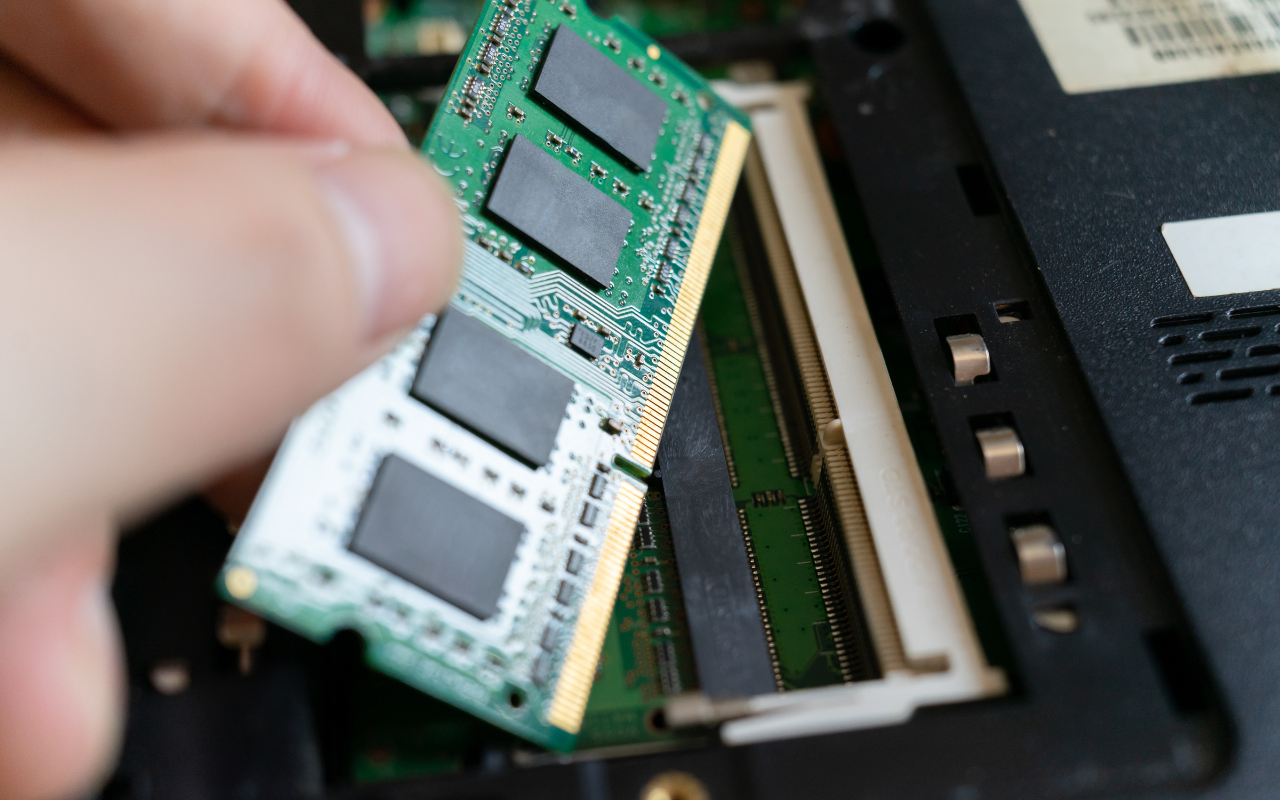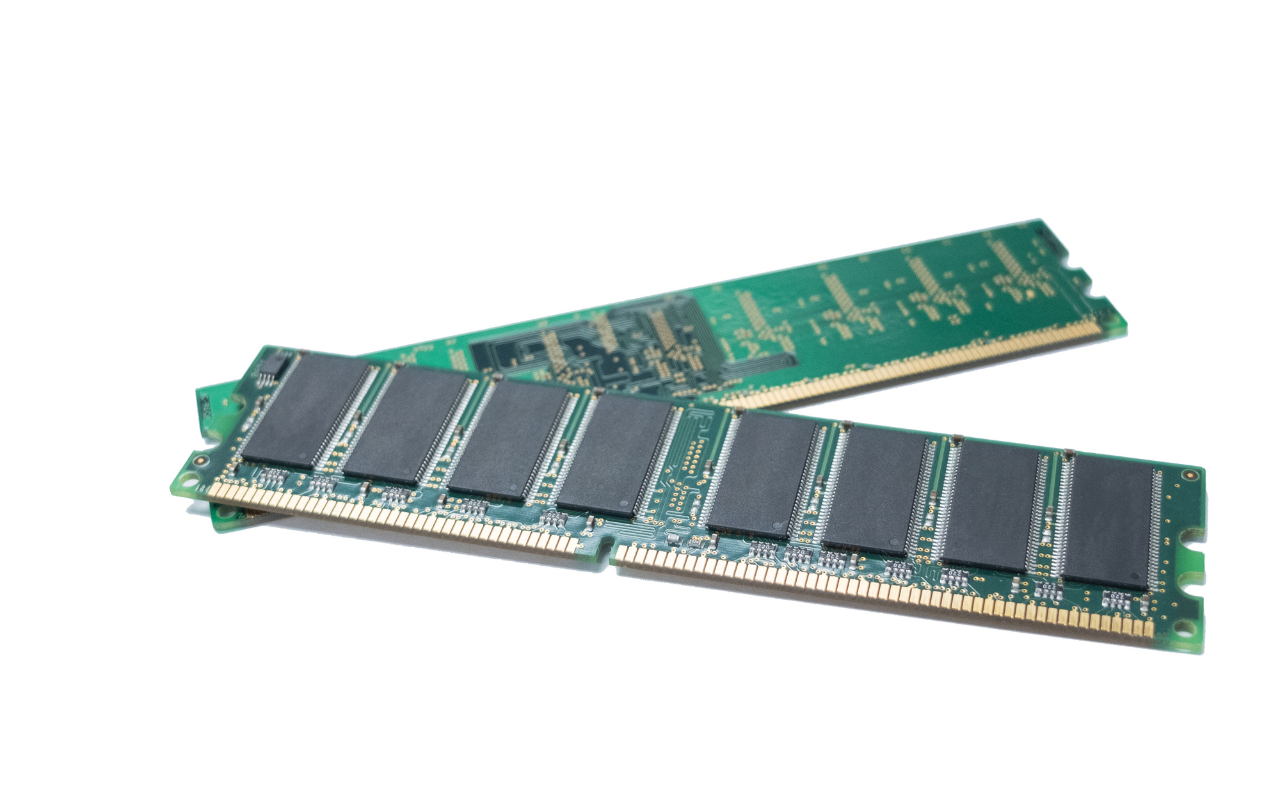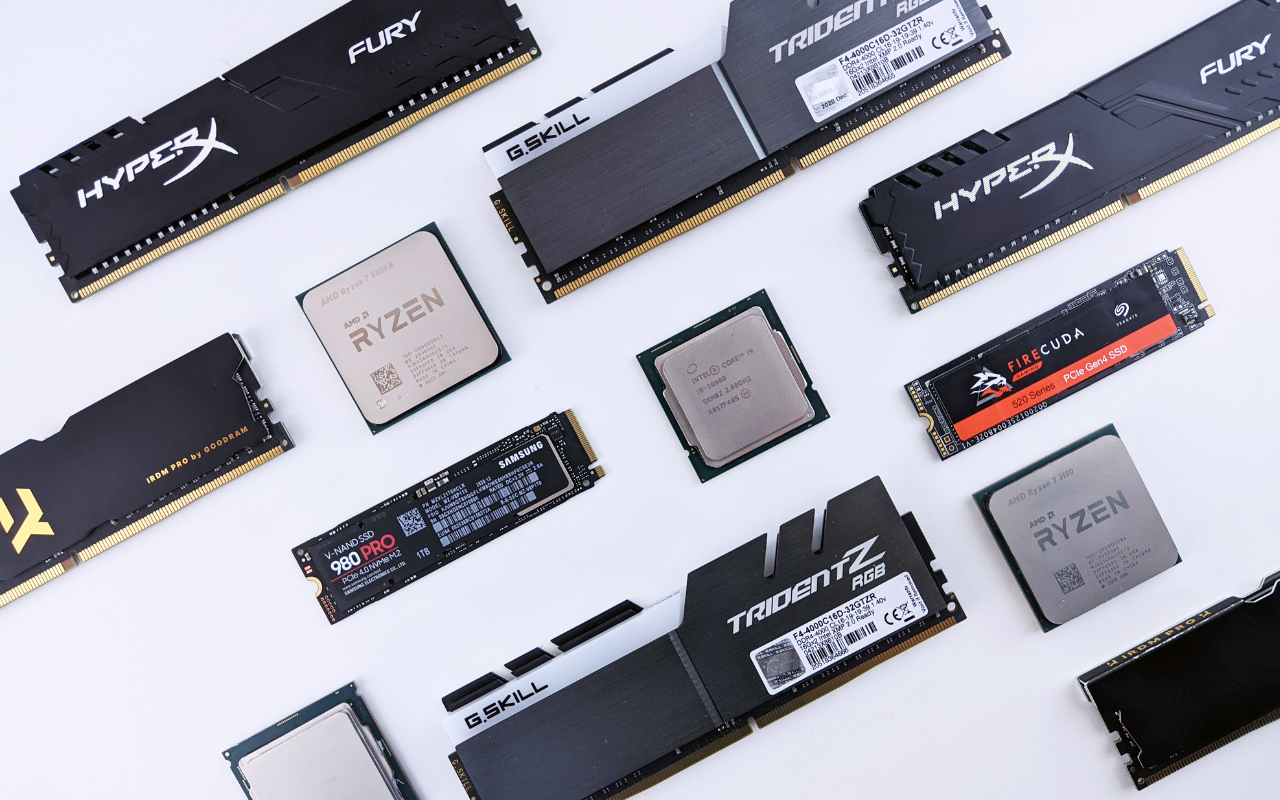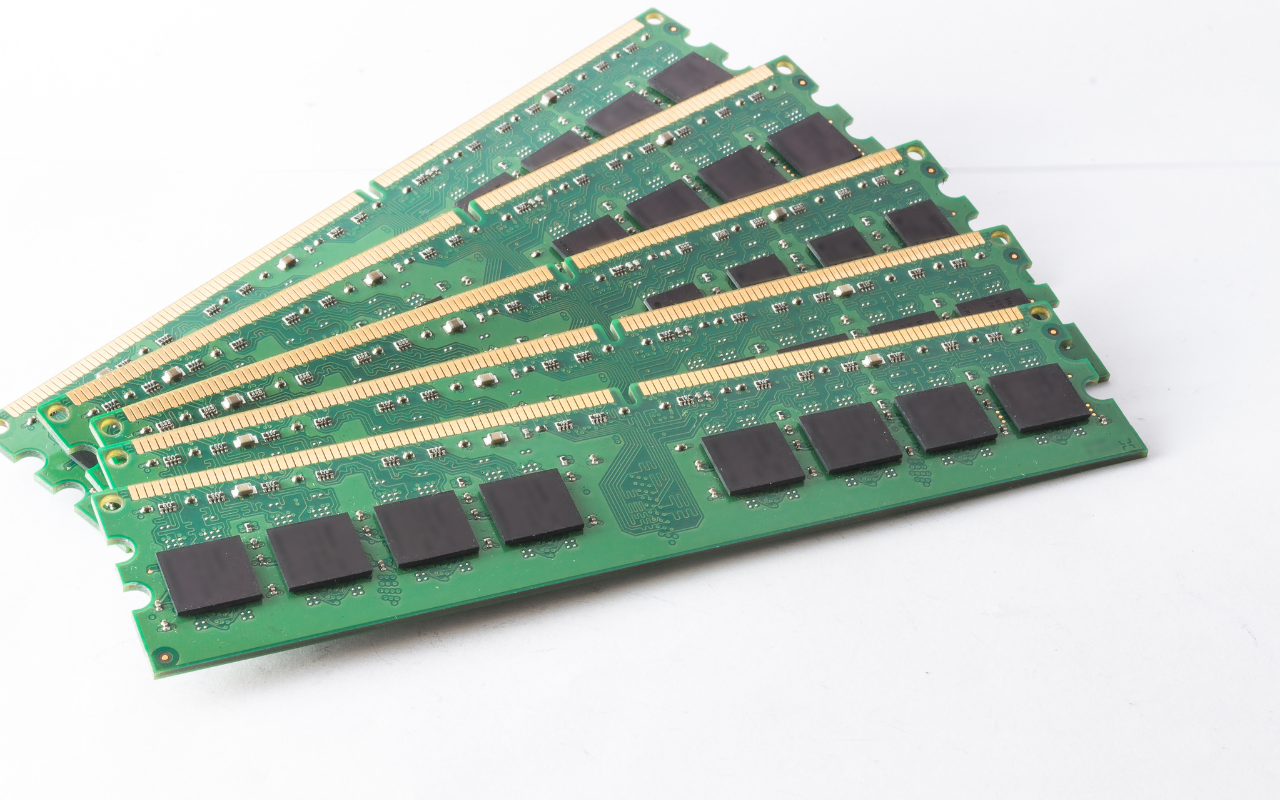With the rapid pace of technological advancement, it’s natural to want the best and fastest components for your computer. One question we often hear is, “Is 64GB of RAM overkill?” On the surface, more memory might seem like a safe investment—but is it really necessary?
In this blog, we’ll explore the purpose of RAM, who actually benefits from 64GB, and whether it’s a smart upgrade for you. We’ll also touch on other factors that impact your computer’s performance and when to seek professional help.
What Does RAM Do?
RAM (Random Access Memory) is the short-term memory your computer uses to manage active tasks and processes. When you open a program, load a file, or run a browser, that data is temporarily stored in RAM to make access quick and efficient.
Think of RAM like a workbench. The larger it is, the more tools and materials you can spread out and use at once. But just because you can have a huge workbench doesn’t mean you need one. It all depends on the nature of your work.
Who Really Needs 64GB of RAM?
For most users, 64GB of RAM is unnecessary. If your daily tasks include browsing the web, watching videos, emailing, and using word processors, you’re likely not even maxing out 8GB. Even modest multitasking, like streaming music while editing documents, doesn’t come close to needing 64GB.
However, there are some professional and power users who do benefit from that much memory.
Content Creators and Video Editors
If you’re editing high-resolution video (4K or 8K), working with large Photoshop or Lightroom files, or creating visual effects, then 64GB of RAM helps keep your workflow smooth. Rendering, real-time previews, and multitasking with other creative apps demand more memory.
Software Developers and Engineers
Developers running virtual machines, compiling large codebases, or working with containerized environments like Docker may require more RAM. The same goes for game developers who need to test complex environments.
Gamers Who Stream
Gaming itself rarely needs more than 16GB, but if you’re streaming, recording, chatting, and running overlays at the same time, the load on your memory increases. For streamers and content creators, having 32GB to 64GB ensures smooth performance under pressure.
Data Analysts and Scientists
Users dealing with large datasets in programs like MATLAB, R, or Python often benefit from more RAM, especially when using machine learning or AI tools. These programs use memory intensively during training and analysis.
When 64GB of RAM is Overkill
If you’re a casual user, student, or even an office professional, you probably don’t need more than 16GB of RAM. Opening multiple browser tabs, using email, attending video calls, and working in spreadsheets won’t come close to using 64GB.
Even for many gamers, 16GB to 32GB is sufficient. Jumping up to 64GB won’t improve game performance—it may just sit unused. In fact, if your system is running slowly, it might not be a RAM issue at all. Problems like background processes, outdated drivers, or malware could be the real culprits—issues we often fix through Computer Repairs and Laptop Repairs.
Will 64GB Future-Proof My Computer?
Future-proofing is a valid concern. As software evolves, it often demands more system resources. But while future applications may need more RAM, buying far more than you need today doesn’t guarantee better performance tomorrow.
Computer technology moves quickly, and a system bought today may feel outdated in four or five years—not because of the RAM, but due to changes in CPUs, storage standards, or graphics capabilities.
Upgrading RAM is typically easy later on, assuming your system supports it. So unless you have a very specific reason to max out your memory now, it’s often smarter to wait until you really need it.

How to Tell If You Need More RAM
One of the best ways to determine if you need a RAM upgrade is to monitor your current usage. On Windows, the Task Manager shows real-time RAM usage. On a Mac, Activity Monitor does the same.
If your system is constantly using more than 80% of your RAM while performing normal tasks, it might be time to upgrade. But if you’re sitting at 40–60% most of the time, you’re not going to benefit much from additional memory.
Other issues—like network slowness—might seem like a RAM problem but are actually tied to connectivity. Many clients come to us with performance concerns, and we uncover Common Issues with Network Speed and How to Fix Them, from router misplacement to interference and outdated firmware.

Alternatives to Upgrading RAM
People often think more RAM is the solution to any computer performance problem. But sometimes, other upgrades can deliver bigger improvements.
Switching from a mechanical hard drive to an SSD can dramatically improve boot time and file access speeds. In many cases, this upgrade has a bigger impact than increasing memory.
Upgrading your CPU or improving your cooling system can also help if your computer slows down under heavy workloads. Overheating can throttle your performance, making the machine seem sluggish even with plenty of RAM.
In other cases, a tune-up, virus scan, or system clean can resolve the root of your issues—something we often address through Onsite Computer Repairs, especially when clients can’t bring their systems into our workshop.
Why Professional Help Matters
Upgrading RAM sounds easy on paper, but not all computers are built the same. Some laptops have soldered RAM that can’t be upgraded. Others may have compatibility issues or require BIOS updates.
At Choicetel, we help users figure out what they actually need, not just what sounds impressive. We’ve been offering trusted Computer Repairs, Laptop Repairs, and Onsite Computer Repairs across Wynnum and nearby suburbs for over 18 years. Whether it’s sluggish performance, unclear upgrade paths, or connectivity issues, we take the guesswork out of IT.
When you bring your system to us, we don’t just throw hardware at a problem—we diagnose the root cause and recommend solutions that make sense for your usage and budget.
So, Should You Get 64GB of RAM?
To wrap it all up, let’s put it this way: if you’re a casual or even moderately heavy user, 64GB is probably too much. You won’t get a performance boost just by having more memory sitting idle. Instead, focus on balancing your system—fast storage, a reliable CPU, and stable software.
If you’re a professional content creator, developer, or someone doing intensive data work, then yes, 64GB might make sense. Just make sure it’s backed by the rest of your system components and not overkill for your actual tasks.
And if you’re not sure what to upgrade—or whether you need to upgrade at all—reach out to us at Choicetel. We’re here to help you understand your options, from performance tuning to complete Laptop Repairs and diagnosing Common Issues with Network Speed and How to Fix Them.



Recent Comments